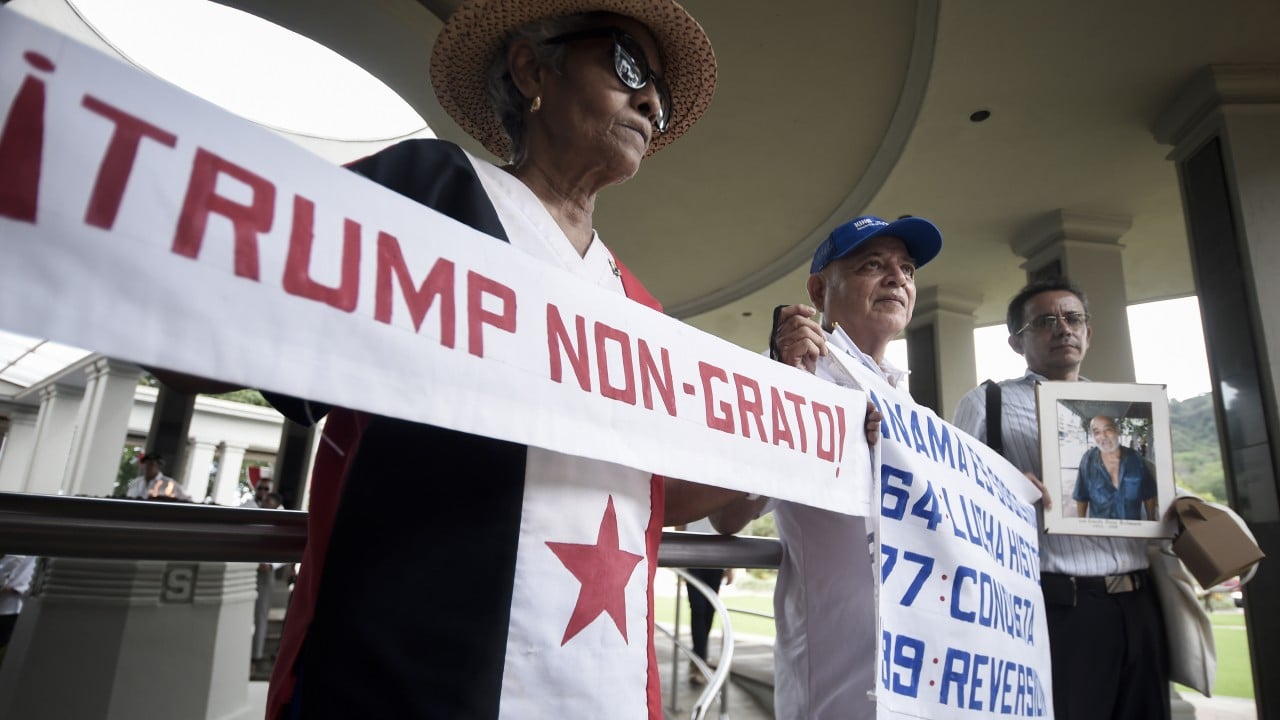Whether it’s US president-elect Donald Trump staking expansionist claims on Greenland or an emerging German political leader channelling resentment at a minority group, the 2020s is starting to resemble the 1920s and the drift into the disaster that became the 1930s. We are seeing the return of ethno-nationalism and slick propaganda, a combination that has led to the destruction of civilised societies.
Advertisement
In the 1920s and 1930s, Germany, the Soviet Union and Japan became gripped by a manic determination to expand and forcefully carve out spheres of influence. Inspired by earlier systems of colonialism, the concept of “geopolitics” was developed to justify seeing the world as a chessboard. The delusion was cultivated that one power could dominate Eurasia and therefore the world.
Leaders who played the game hard were admired, while peacemakers were depicted as weak and naive. The result was the second world war.
The Cold War that followed was another scramble for world power, this time between two competing blocs – a black-and-white chessboard. No wonder that when the Soviet Union was dissolved, the United States imagined it had “won” the Cold War and that history had ended.
While history did not in fact end, the succeeding decades would see much of the world focus on globalisation and development instead of geopolitical contests. As a result, an unprecedented, larger portion of the world began to share prosperity.
Advertisement
The peace dividend of the recent decades helped transform the Asia-Pacific. A diversity of nations focused on their development strategies and became integrated into global supply chains and regional arrangements, allowing pragmatic cooperation between vastly different cultures, systems of government and levels of development.

